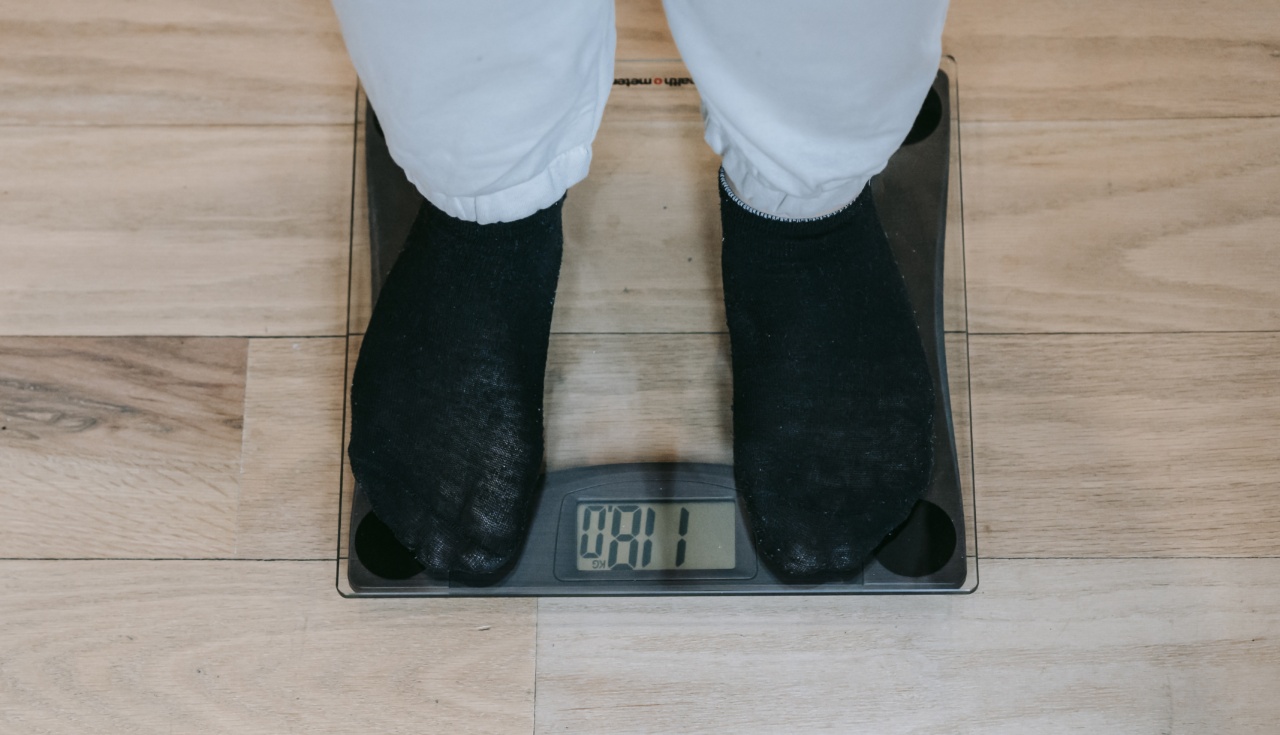For many people, losing weight involves depriving themselves of calories and going on strict diets that can be hard to maintain.
However, new research suggests that weight loss is possible without calorie deprivation, and this can come as a relief to those who struggle with the strict diets that are often associated with weight loss.
The study at a glance
The latest study on weight loss conducted by the British Journal of Nutrition looked at how some dietary changes can help in weight loss without necessarily cutting down on calories.
The study had three groups of participants, all of whom followed different diets. The first group was on a calorie-restricted diet while the second group had a diet rich in protein, and the third group had a low-glycemic-index diet.
The role of protein in weight loss
The second group that followed a protein-rich diet was the most successful participants in the study. The group was not calorie-restricted, but they still lost significant amounts of weight.
Protein is essential in weight loss because it helps in building and repairing tissues. It also helps to maintain muscle mass, which is crucial in burning calories. When you increase your protein intake, you are likely to feel full for longer periods and reduce your overall calorie intake.
The low-glycemic-index diet
The third group that followed a low-glycemic-index diet also had notable weight loss, although not as much as the protein-rich diet. A low-glycemic-index diet involves eating food that has a low Glycemic Index (GI).
The Glycemic Index is a measure of how quickly food raises your blood sugar levels. When your blood sugar levels rise too high and too fast, your body releases insulin to help regulate the sugar levels. When insulin levels are high, it can cause the body to store more fat.
A low-glycemic-index diet helps to stabilize blood sugar levels, reducing insulin production, and promoting weight loss.
Tips for weight loss without calorie deprivation
The study shows that you don’t have to deprive yourself of calories to lose weight. Here are some tips for weight loss without calorie deprivation:.
1. Increase protein intake
Protein-rich foods such as eggs, chicken, lean beef, and fish can help you feel full for longer periods and reduce overall calorie intake. This makes it easier to lose weight without feeling like you are depriving yourself of food.
2. Eat low-glycemic-index foods
Foods with a low Glycemic Index include whole grains, fruits, vegetables, and legumes. These foods help to stabilize blood sugar levels, which reduces insulin production and promotes weight loss.
3. Cut back on sugar and refined carbs
Foods that are high in sugar and refined carbs can cause your blood sugar levels to spike, which can lead to weight gain. Cutting back on sugar and refined carbs can help you lose weight without depriving yourself of food.
4. Add fiber to your diet
Fiber-rich foods such as fruits, vegetables, whole grains, and legumes can help you feel full for longer periods, reduce overall calorie intake, and promote weight loss.
5. Be mindful of your portions
Portion control is an essential part of weight loss. You don’t have to deprive yourself of your favorite foods, but it’s important to be mindful of your portions to avoid overeating.
Conclusion
The latest study shows that weight loss is possible without calorie deprivation. A protein-rich diet and a low-glycemic-index diet can help you lose weight without feeling like you are depriving yourself of food.
By incorporating these dietary changes and being mindful of your portions, you can achieve your weight loss goals.



























